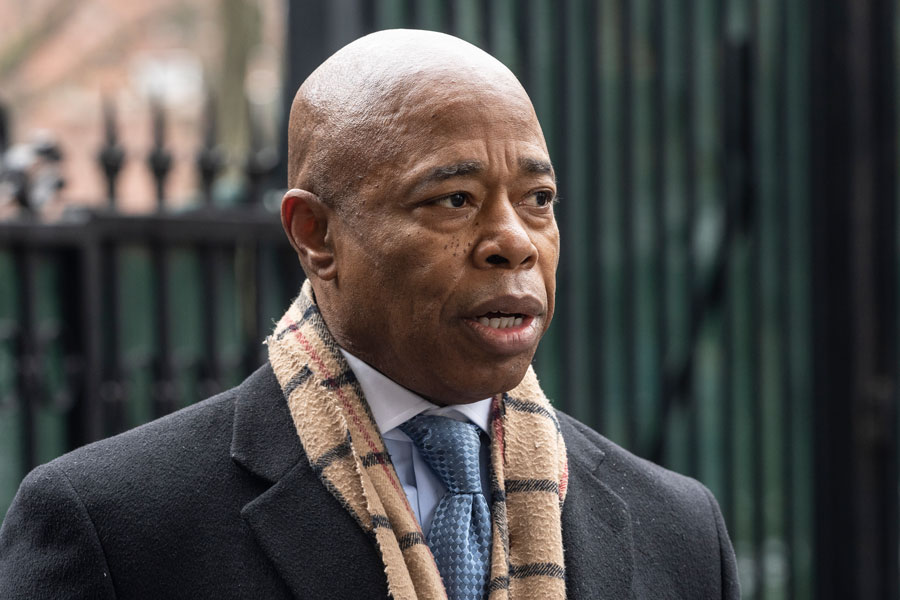
NEW YORK CITY – In a recent decision, a state appeals court in New York ruled that a law permitting non-citizens to vote in local elections is unconstitutional. The ruling came as a victory for Republican officials who had filed a lawsuit to block the law.
The court stated that the law, known as “Our City, Our Vote,” violated the New York State Constitution and Municipal Home Rule Law, and therefore, must be declared null and void. The decision was made by Paul Wooten, an associate justice of the Appellate Division for the Second Judicial Department in New York.
The law, which was set to go into effect in 2022, aimed to allow green card holders and individuals with federal work authorization in New York City to vote in local elections for positions such as mayor and City Council. This would have expanded the pool of eligible voters by around 800,000 people.
Proponents of the law, primarily progressive Democrats, argued that it would make politics more representative and create a more inclusive city for immigrants. However, opponents, largely Republicans, raised concerns about potential voter fraud and accused Democrats of attempting to bolster their numbers.
The legal battle over the law began when a Staten Island lower court judge struck it down. The choice of Staten Island as the jurisdiction for the lawsuit was seen as strategic due to the conservative leanings of the borough.
In a 3-1 decision, the appellate court agreed that the state constitution’s clause stipulating that “every citizen shall be entitled to vote” referred specifically to United States citizens. Additionally, the court ruled that changes to elections must be passed through a voter referendum, rather than by a local legislature, as required by the state’s Municipal Home Rule Law.
While non-citizen voting remains uncommon in the United States, there is a growing movement to legalize it. Washington, D.C., managed to allow non-citizens to vote despite opposition from congressional Republicans, although the law is currently facing legal challenges. In 2023, a San Francisco court upheld a law permitting certain non-citizens to vote in school board elections. Several cities in Vermont, including Burlington, have also recently granted legal residents the right to vote in local elections.
The ruling against the New York City law has sparked debate among advocates and critics alike. The New York Immigration Coalition, which supports non-citizen voting, expressed disappointment with the decision, calling it a “shameful attempt” by xenophobic Republicans. They argue that non-citizen residents deserve a voice in local government and a say in how their tax money is spent. However, opponents maintain that voting should be reserved exclusively for citizens and that any changes to the voting system should be made through a voter referendum.


